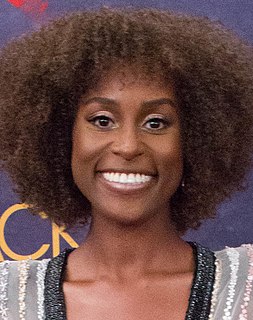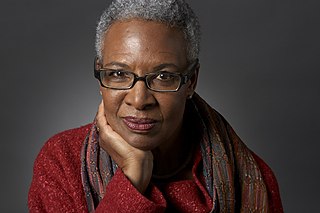A Quote by Jose Antonio Vargas
Since I got to this country when I was 12, I've been obsessed with this idea of whiteness and blackness because I realized I was neither. For me, it was so important to me to make a film that focused on whiteness because you wouldn't have blackness if you didn't have whiteness.
Related Quotes
The areas in which I teach are working-class history and African-American Studies and at its best the critical study of whiteness often grows out of those areas. The critical examination of whiteness, academic and not, simply involves the effort to break through the illusion that whiteness is natural, biological, normal, and not crying out for explanation.
For radical white writers wishing to forge interracial movements of poor and working people, whiteness has also long been a problem, with Alexander Saxton and Ted Allen making especially full efforts to understand whiteness in order to disillusion whites unable to see past the value of their own skins.






























